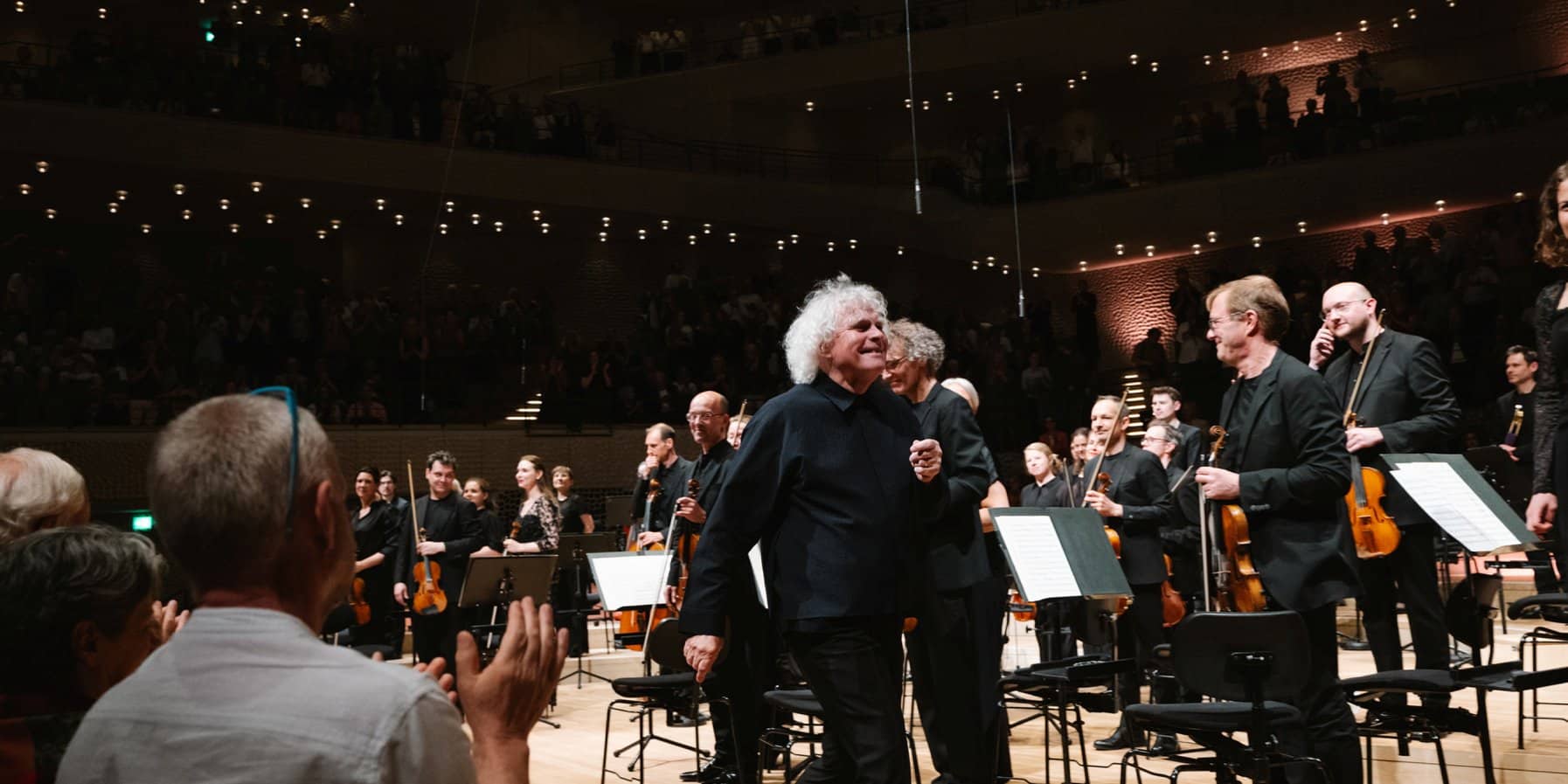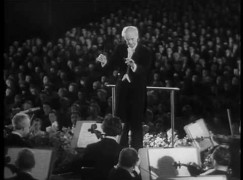Maestros sees their salaries halved
mainThe Mexican government is slashing conductor salarises after discovering that it was paying music director Srba Dinic more than $18,000 per concert to conduct the orchestra of the Fine Arts Theater. Dinic’s contract has not been renewed.
Among those affected by the new clawbacks, according to local reports, is Carlos Miguel Prieto, whose salary at the National Symphony Orchestra has been halved.






$18,000 will buy a lot in Mexico. I can understand why the leftist President of Mexico is doing this.
The “star” system has been creating maestros who are simply out of touch with reality.
Shouldn’t this be a world wide dictum. Most conductors are SO busy, work ALL the time and NEVER retire. When do they have time to spend all the extra money they make? Halve all of their fees and classical music will be in a far safer place.
Well said Henry. Should have happened years ago. These overpaid and mostly undertalented people are bankrupting the profession.
Srba Dnic’s contract had expirede and will not be renewed. Very abusive indeed. Futhermore, he will never be invited back to conduct an orchestra or opera in Mexico after he publicly threaten the Head of the Cultural Institution Bellas Artes of Mexico. Not a very smart move. He was also pointed out for forcing in singers from his agency MAP Mafara in Vienna and pocketing commissions, a practice seldom used in Mexican cultural institutions.
Fernando Alvarez: The abominable inside-trading system that is so common in Europe, where you recognise the agency by just looking at most artists in a season programme in (mostly) italian opera houses, festivals and most symphony orchestras…
Has anyone witnessed a salary being slashed? It can’t be a pretty sight. Especially for a conductor with no vowels in his first name.
Perhaps he needed his vowels open!! Musical incontinence; sheesh!!
I think the question that should be asked (and I admit I don’t have all the answers) is: do orchestras really need conductors?
Clearly, some very successful groups have done well without (Orpheus etc.). I suspect that an orchestra really doesn’t need a conductor for the most played pieces in the repertoire (in fact, most musicians might be more familiar with the notes) but might for unusual pieces and for the tempos.
Then there is the almost equally important problem of what should be on the program. I think this could be settled by a group of musicians from the orchestra, from the local community of knowledgeable people in music, and ditto from university/school groups. Most of it is “copy cat” anyway.
There is a huge savings in not having a conductor at all or from hiring outside the “star” system.
This trope has returned, I see.
While most baroque and early classical pieces can successfully be played with a conductor, having a conductor become more-and-more necessary for pieces during the 19th century and beyond. The key roles of the conductor is to balance the orchestral sections and ensure the orchestra keeps together and in time. This becomes difficult or impossible without a conductor for the larger and more complex pieces by larger orchestras of the late 19th century.
Of course, this does necessarily support their level of remuneration, but conductors really are needed.
I’m going to assume that you’ve never played in an orchestra pit. Do you realize just how much an orchestral musician actually HEARS the singers from a pit, especially when those singers are upstage? The answer is: the orchestra hears precious little. Just how do you suppose the singers, the chorus, and the orchestra would perform together if it weren’t for a conductor who keeps things tight? And let’s not even go into what would happen to an orchestra that’s accompanying ballet dancers!!
Of course conductors are needed by all orchestras. Whether it is the ones they have, is another matter. Conductorless orchestras are a hoax, a sham. Orpheus in particular. It is led, by the concertmaster or appointed leader. Otherwise you have chaos. Prieto, as far as I know, is a fine musician and doesn’t deserve the same treatment.